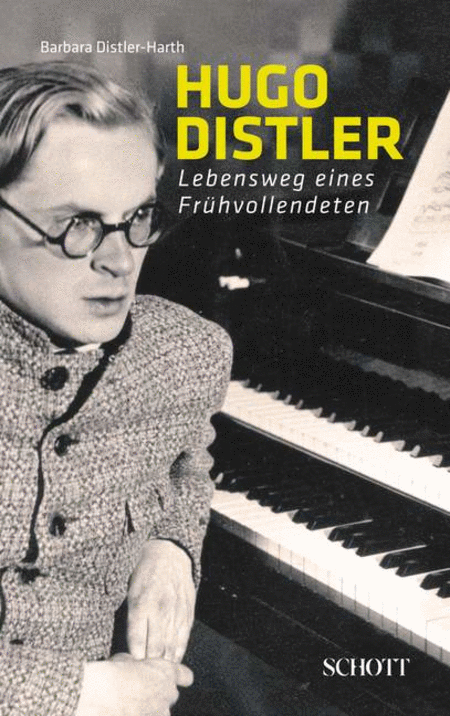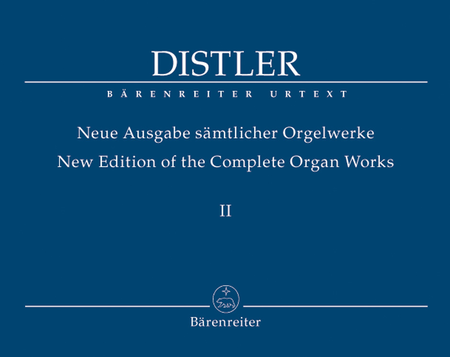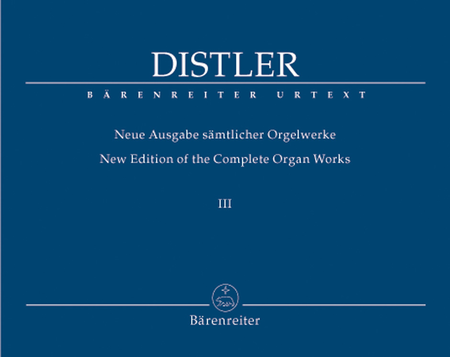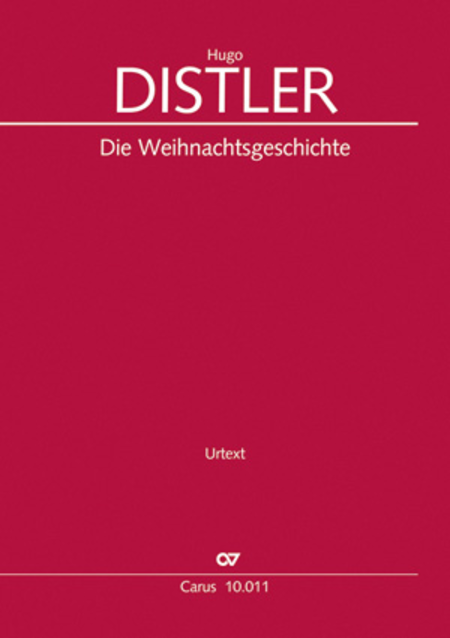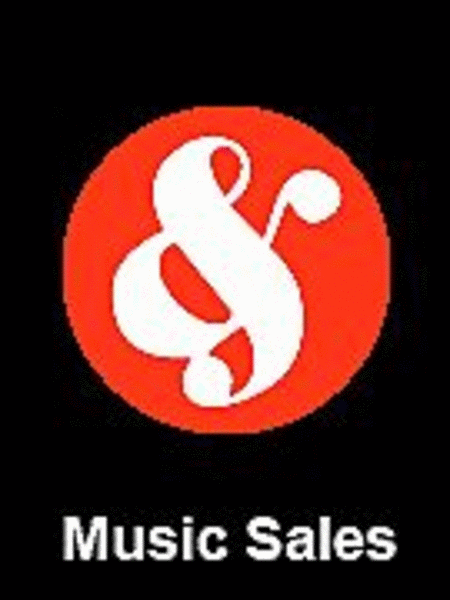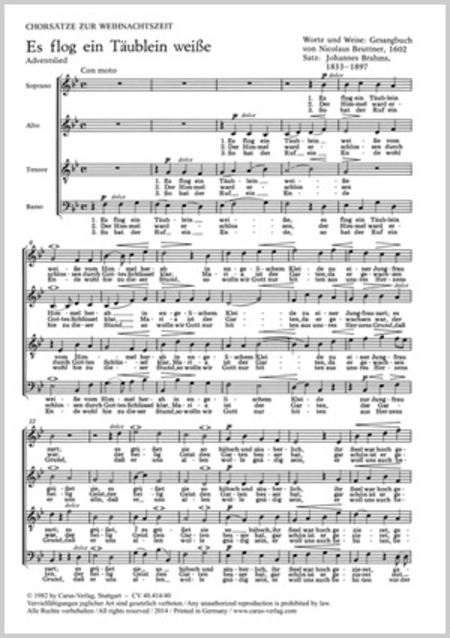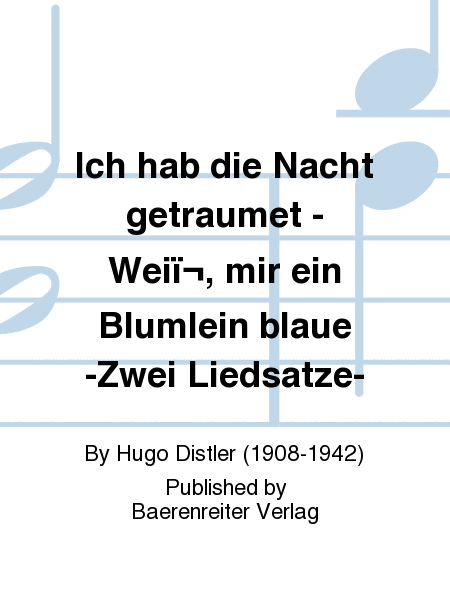Hugo Distler (1908 - 1942)
 Allemagne
Allemagne
 Allemagne
AllemagneHugo Distler (Nuremberg, June 24, 1908 – Berlin, November 1, 1942) was a German organist, choral conductor, teacher and composer.
Distler enjoyed his first success in 1935 at the official Kassel Music Days (Kasseler Musiktage). He achieved his greatest public success in 1939, at the festival of German Choral Music in Graz, when the Stuttgart Hochschule choir gave the première of sections from the Mörike-Chorliederbuch; the event was regarded as the climax of the festival, but the dissemin ... (Read all)
Source : Wikipedia
Distler enjoyed his first success in 1935 at the official Kassel Music Days (Kasseler Musiktage). He achieved his greatest public success in 1939, at the festival of German Choral Music in Graz, when the Stuttgart Hochschule choir gave the première of sections from the Mörike-Chorliederbuch; the event was regarded as the climax of the festival, but the dissemin ... (Read all)
Source : Wikipedia
FREE SHEET MUSIC
- Feu d
Active criterias:
Search
| |||||||||||||||||||||||||||||||||||


